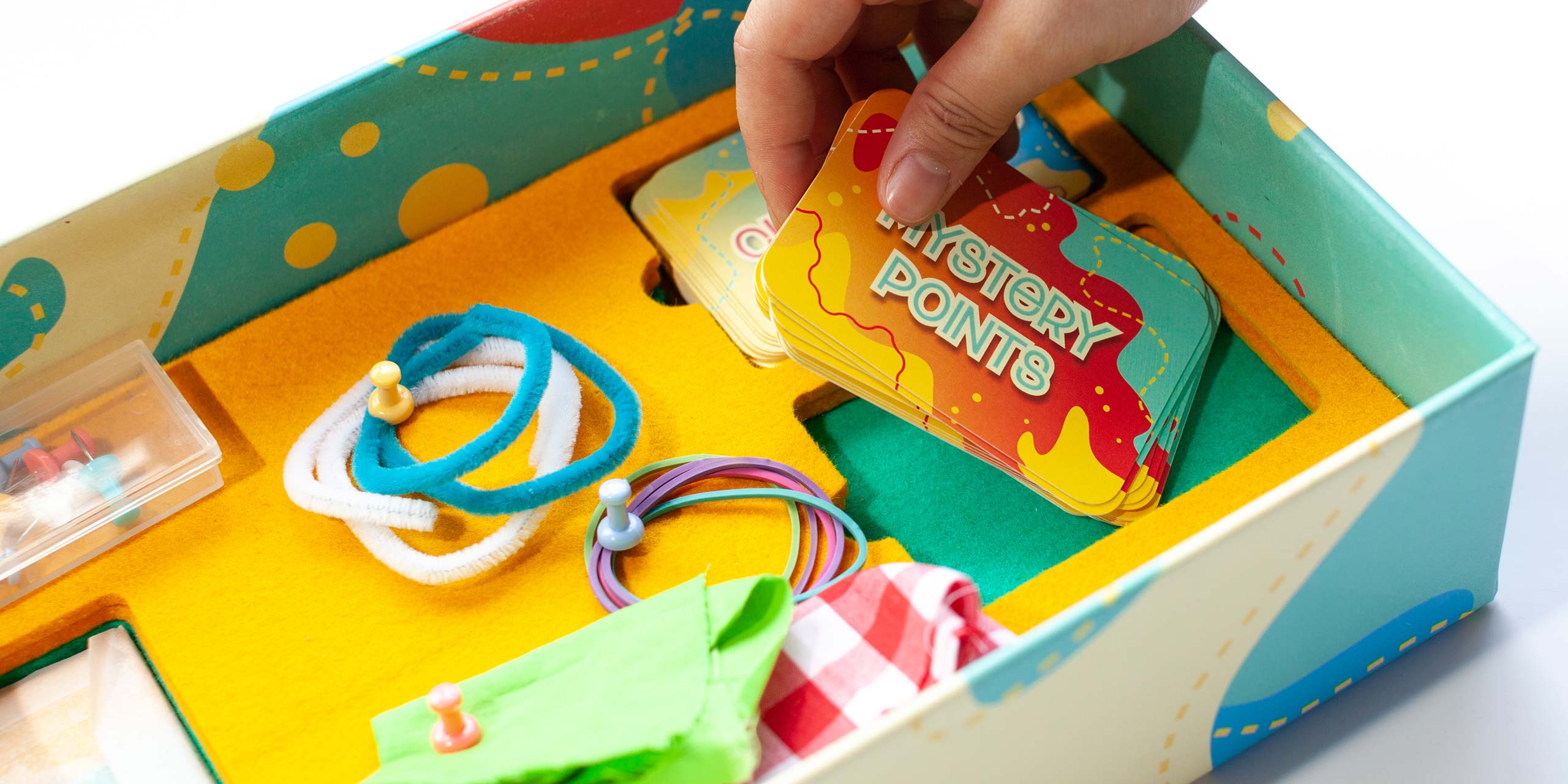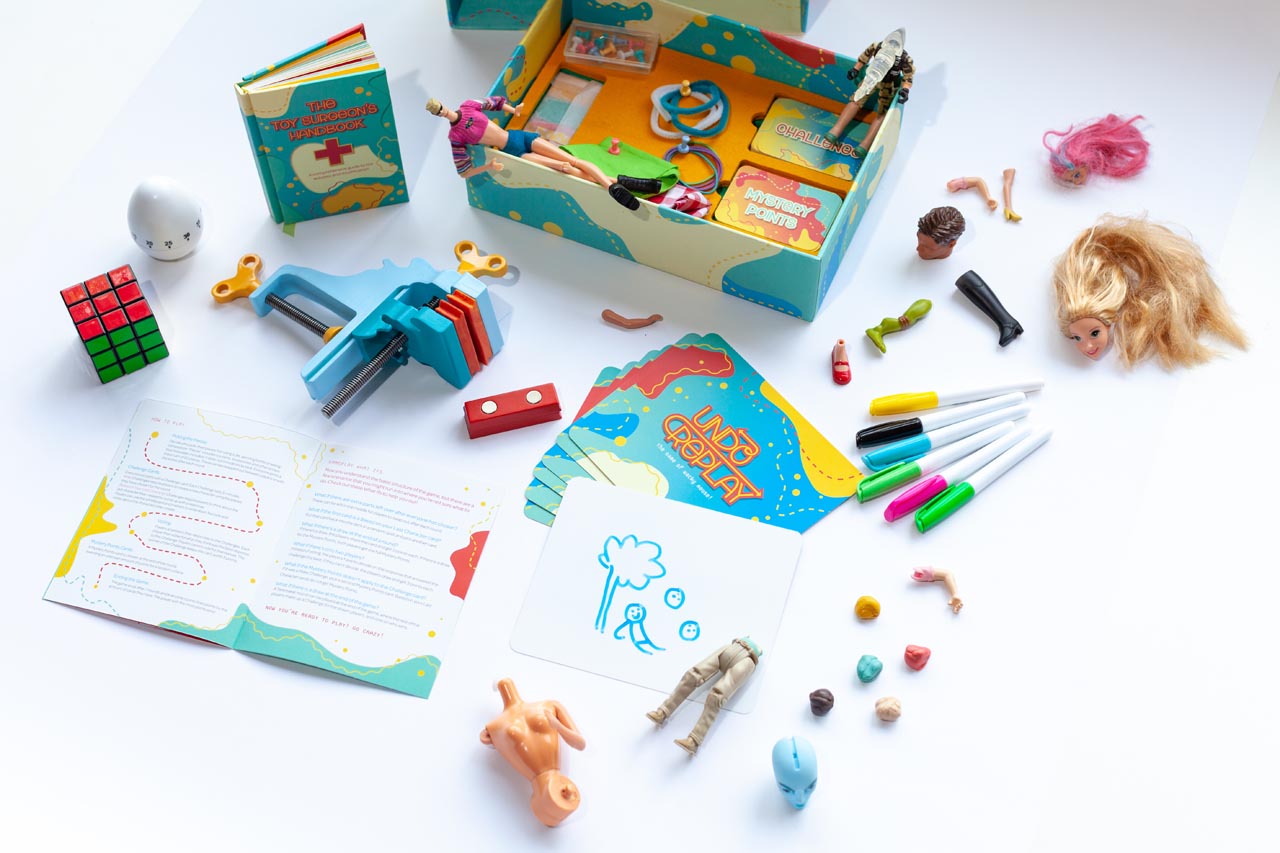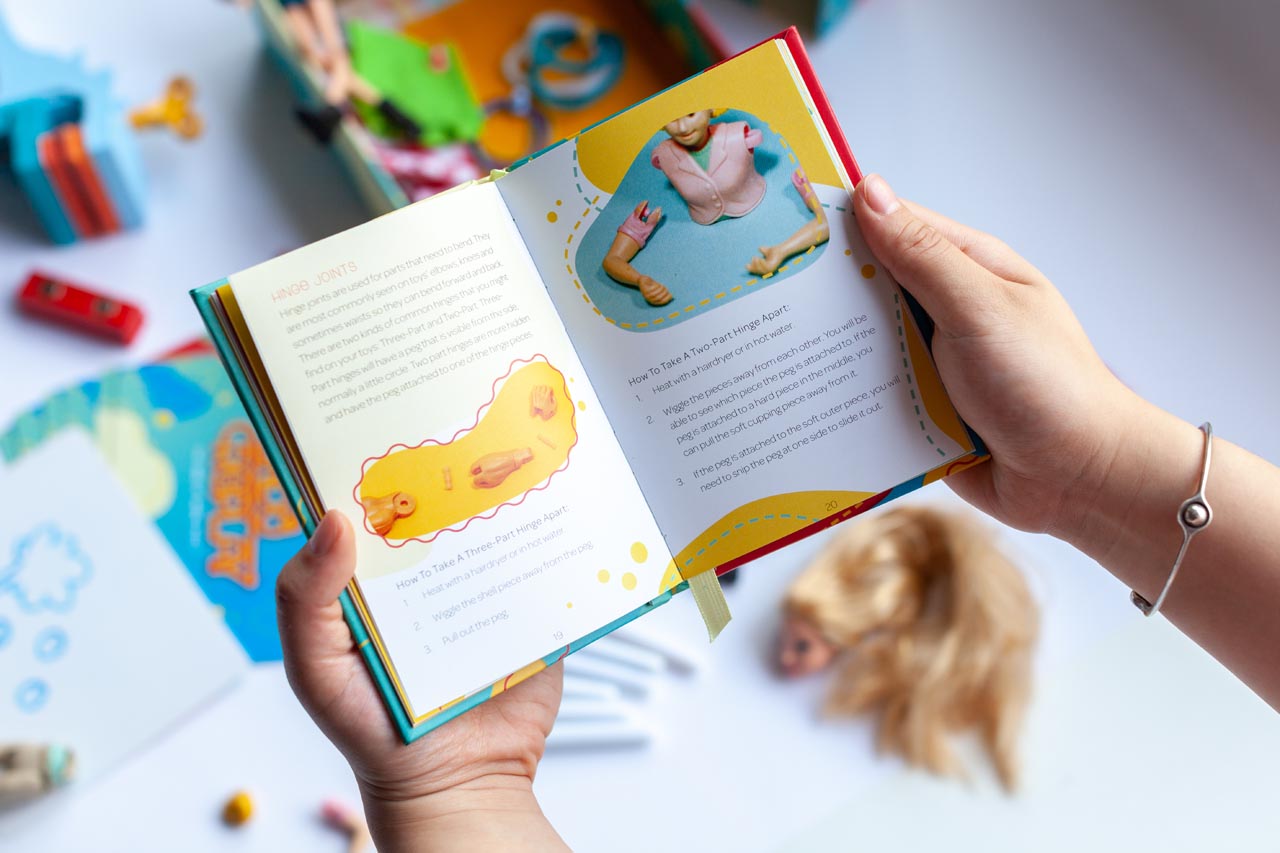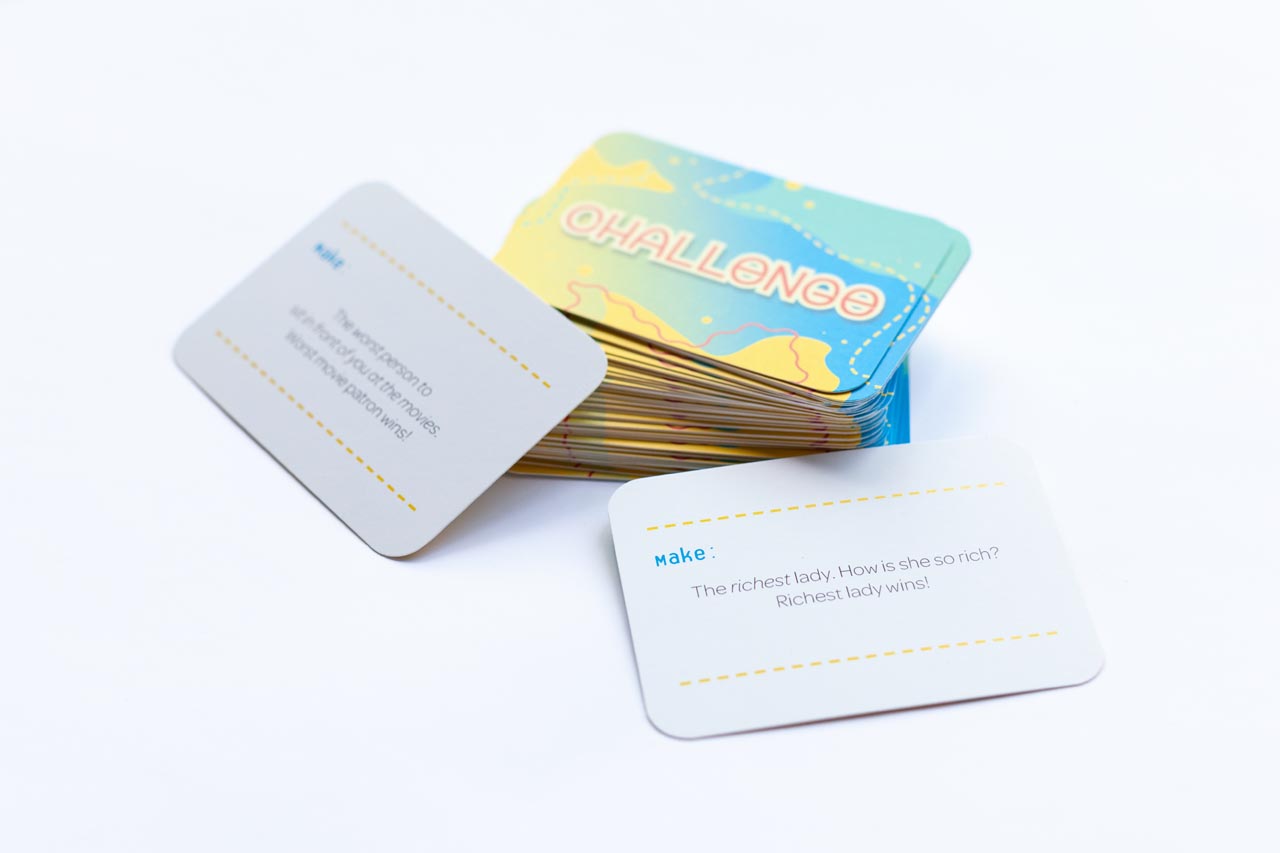Undo-Replay diverts toys from entering waste streams by intervening in the home. The elements introduce children to adult toy “modding” practises using only common household tools.
Collaborative workshops and user testing were used throughout the development process for both solo and social play elements, which incorporate a variety of activities designed to appeal to children with different interests and skill sets, based on divisions in the adult hobbyist community.
The structure intentionally places children in control of creating their own transferences of value, to strengthen sentimental bonds as they transform from user to creator of the object.






